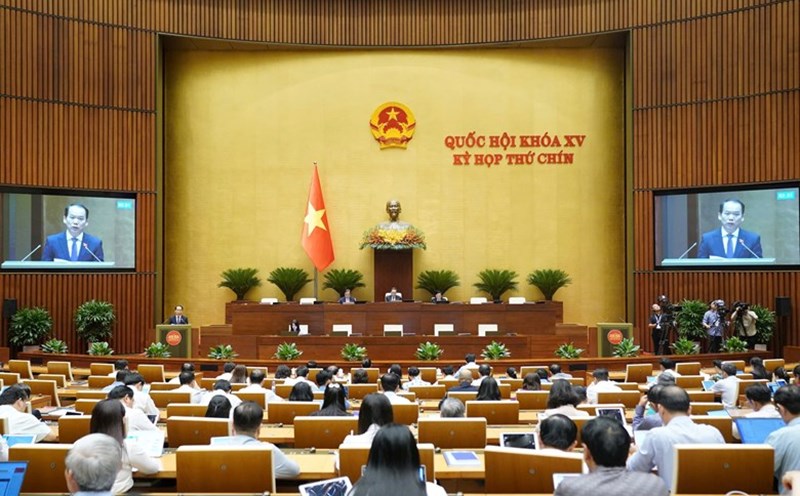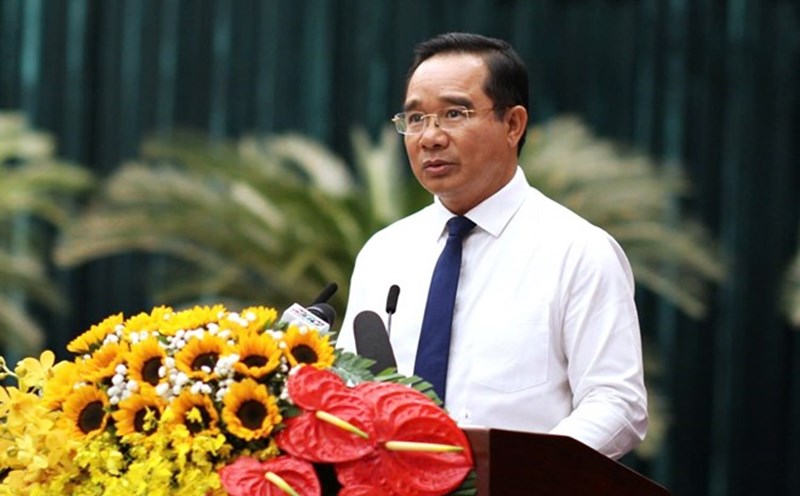The Secretary General of the National Assembly has just reported and compiled the opinions of the National Assembly Delegations, Ethnic Council, and National Assembly Committees on the draft Law on Corporate Income Tax (amended).
Regarding taxpayers, there are opinions that the content of the draft law lacks regulations on taxpayers who are businesses and individuals doing e-commerce and doing business on digital platforms; it is proposed to add specific regulations.
Some opinions say that the content of the draft law lacks regulations on taxable income, which is goods and services traded by businesses and individuals in the form of e-commerce, trading on digital platforms; suggest adding specific regulations.
Propose to consider adding taxable income of public service units for activities of leasing public assets and using land leased by the state for production, business, and provision of services other than public services under the responsibility of public service units.
Regarding the determination of taxable income and revenue, there are opinions that determining the time of revenue to calculate taxable income on goods sold needs to be more clearly defined.
The proposal is supplemented as follows: "The costs of enterprises with tax and invoice risks cannot be deducted according to the announcement of the tax authority from the time of tax and invoice risks".
According to the report, there are also concerns about the regulation on revenue to calculate taxable income such as sales expenses, processing expenses, service provision fees, including subsidies, subsidies, and advances that businesses are entitled to, even in cases where businesses have not yet collected money.
It is recommended that there should be more clarification and specific regulations to ensure consistency in the implementation process and avoid different applications between businesses and tax authorities.
There are opinions suggesting studying and considering the possibility of extending the maximum tax exemption period compared to the draft law (the draft stipulates a maximum tax exemption of 4 years and a 50% reduction in the tax payable for the next 9 years).
There are opinions suggesting that Clause 2, Article 12 study and expand the business lines of corporate income tax incentives for non- polluted production projects; environmental protection; renewable energy projects, waste treatment, waste recycling and development of environmentally friendly products, goods and services.
There are opinions suggesting adding to the draft law regulations in the direction of expanding preferential corporate income tax policies for areas with social impact and innovation.
These include: Enterprises that employ many female workers, ethnic minority workers, remote areas, need to have more specific regulations on the labor employment rate to be eligible for incentives, and at the same time, there should be flexible mechanisms for enterprises in green, environmentally friendly industries such as producing packaging to replace plastic bags and plastic items.
Some opinions say that there should be a separate preferential policy on tax rates or tax exemption periods to support the initial accumulation process for startups.
There are opinions suggesting that tax exemptions should be granted to private enterprises and organizations providing public career services to promote socialization but not public units operating for non-profit purposes.











